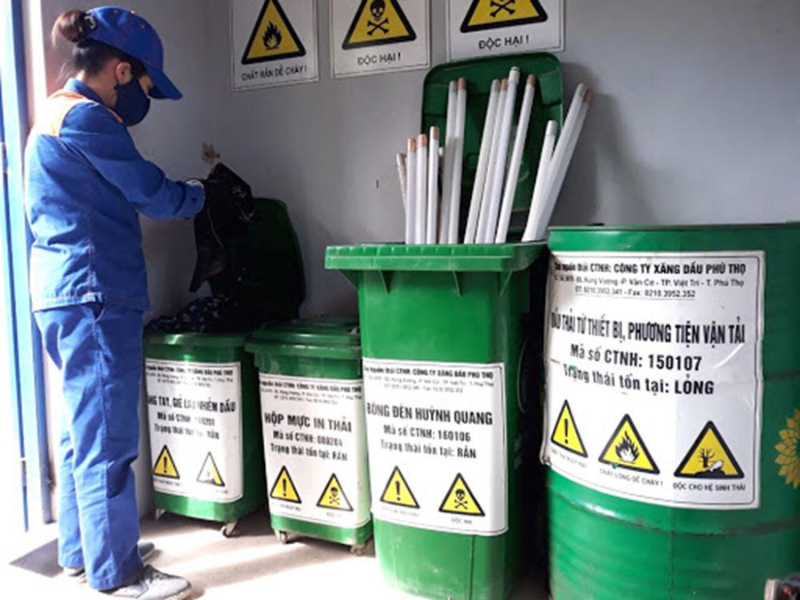The interaction between genetics and the environment is a complex process that contributes to the risk of alcoholism. Inherited traits related to alcohol abuse can involve a combination of genetic and environmental factors. Having a genetic predisposition to alcoholism does not guarantee that an individual will develop alcohol-related problems. Environmental factors, such as upbringing, social influences, and personal experiences, also play a crucial role in determining an individual’s alcohol consumption patterns. When someone drinks regularly, their brain and body adapt to the presence of alcohol, so it takes more to feel the same effects.
- Environmental factors, such as family, social relationships, and cultural influences, can also contribute to the risk of developing alcohol abuse disorders.
- While genetics can predispose individuals to certain behaviors and characteristics, the environment plays a significant role in shaping these tendencies.
- While the D2 dopamine receptor gene did not have the effect expected on alcoholism, the study contributed to moving forward genetic research.
- Additionally, research has shown that there is an interaction between genetic factors and environmental influences.
- These avenues of support provide encouragement, understanding, and practical advice for managing and overcoming alcohol abuse.
- The goal of the research was to better understand how genes may contribute to alcohol problems as a way to develop improved and more personalized treatments.
Is it possible for someone with an alcoholic parent to never develop alcohol use disorder?
Huntington’s disease is a devastating neurodegenerative disorder caused by an expansion of a DNA repeat in a single gene. Recovery from AUD is an ongoing process that extends far beyond detox and rehabilitation. Support groups like AA or SMART Recovery provide https://bonsai88.lol/alcohol-effects-on-a-fetus/ peer support, accountability, and coping strategies. Many people also benefit from continued therapy, including CBT or motivational interviewing, which reinforces motivation and commitment to long-term well-being and sobriety. By combining early intervention, education, therapy, and a nurturing home environment, families can break the intergenerational cycle of alcoholism and foster long-term recovery/well-being and resilience. A healthcare professional can provide an accurate diagnosis, recommend the most suitable treatment plan, and monitor progress, ultimately offering a path toward recovery and improved quality of life.

Genetics and alcoholism
Social and environmental factors can affect your alcohol use patterns and whether you develop a problem, especially if you already have a is alcoholism a genetic disease genetic predisposition to alcohol addiction. If you’re concerned about your alcohol use patterns, talk to your doctor or therapist about your options. GWAS arebeginning to yield robust findings, although the experience in many diseases isthat very large numbers of subjects will be needed. To date, individual GWASstudies on alcohol dependence and related phenotypes have been relatively modestin size, and most do not reach genome-wide significance. This may reflect boththe limited sample sizes and the clinical and genetic heterogeneity of thedisease. As noted above, the functional ADH1B polymorphism isnot represented on GWAS platforms; GABA-receptor genes are often nominallysignificant but well below genome-wide significance in these studies.
Functional significance of GWAS variants

While the exact causes of alcoholism are still being researched, evidence suggests that genetics play a significant role in determining an individual’s susceptibility to this addiction. Understanding the genetic factors that contribute to alcoholism is crucial in developing effective prevention and treatment strategies. Understanding the role of genetics in alcohol craving is crucial as it can help inform prevention and treatment strategies. Overall, recognizing the genetic factors that contribute to alcohol craving can contribute to more personalized and effective approaches heroin addiction to preventing and treating alcohol addiction.


